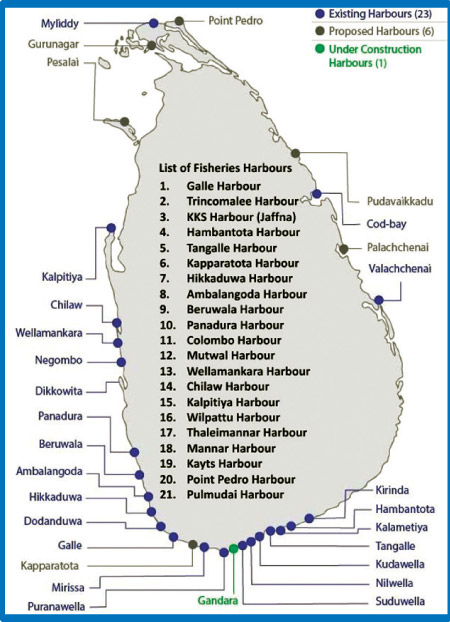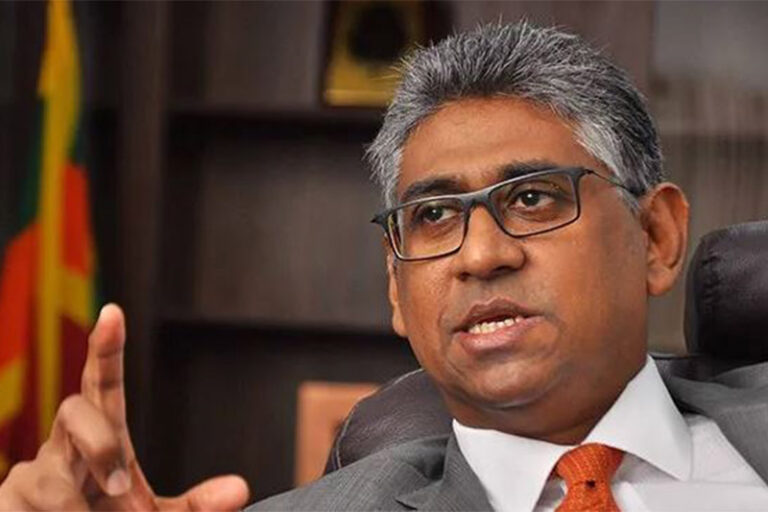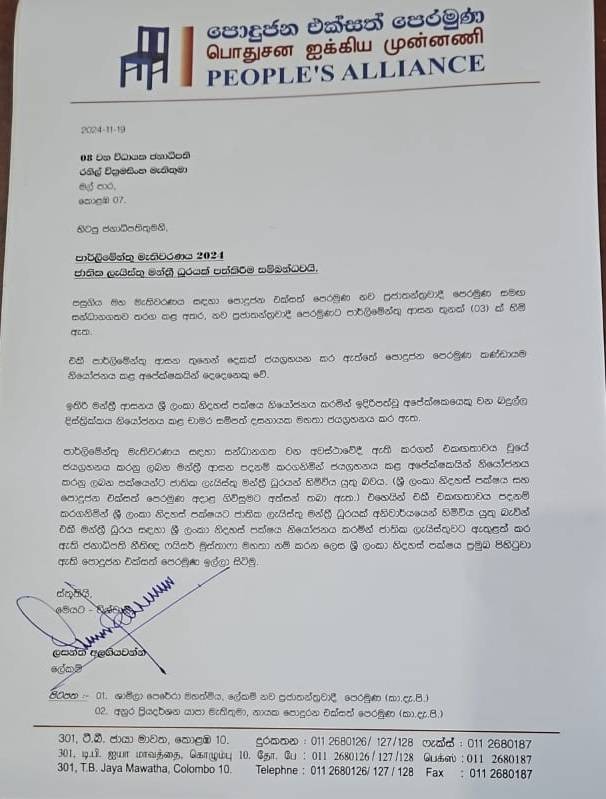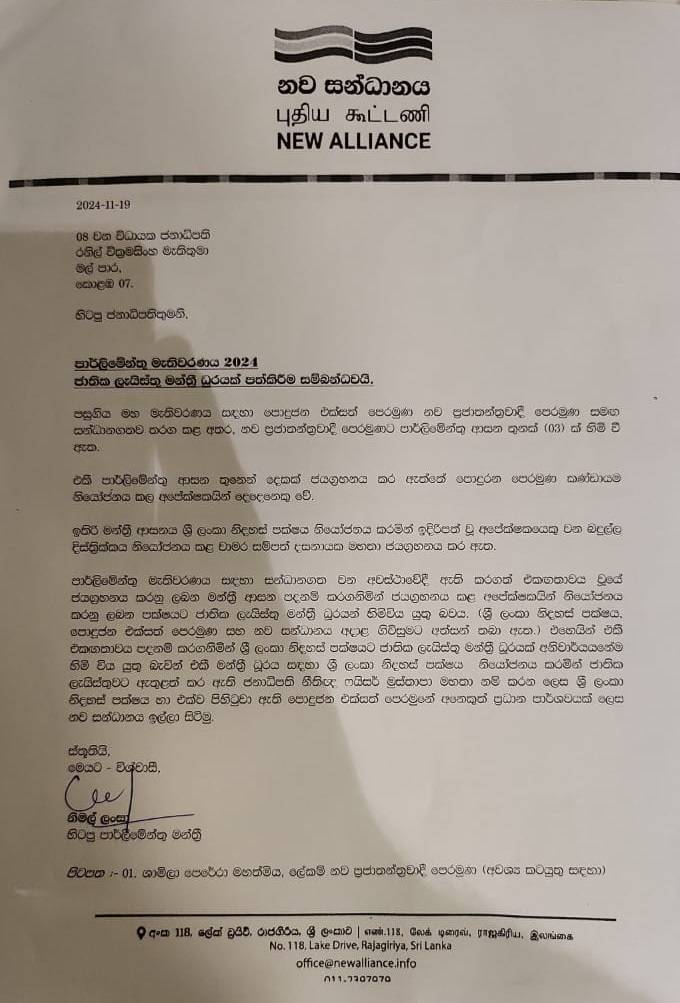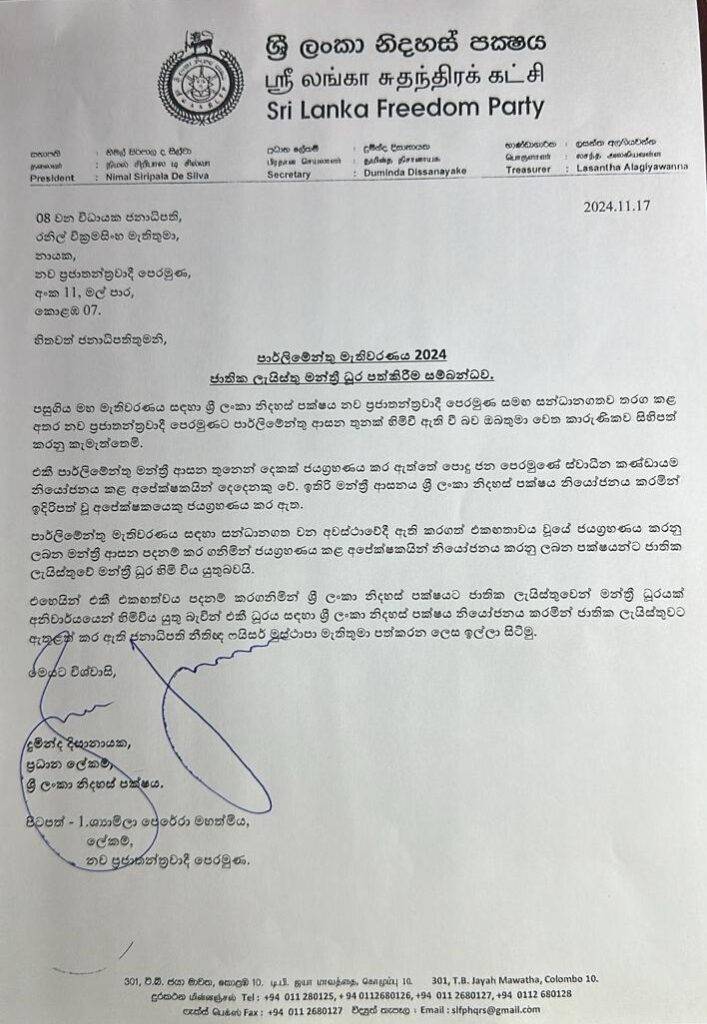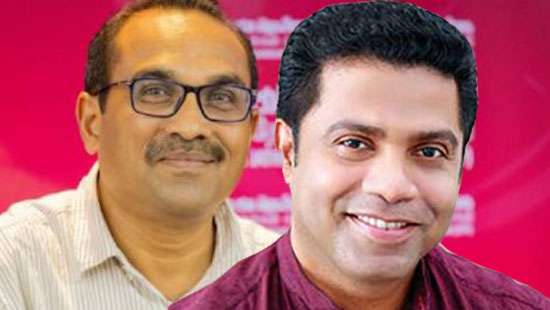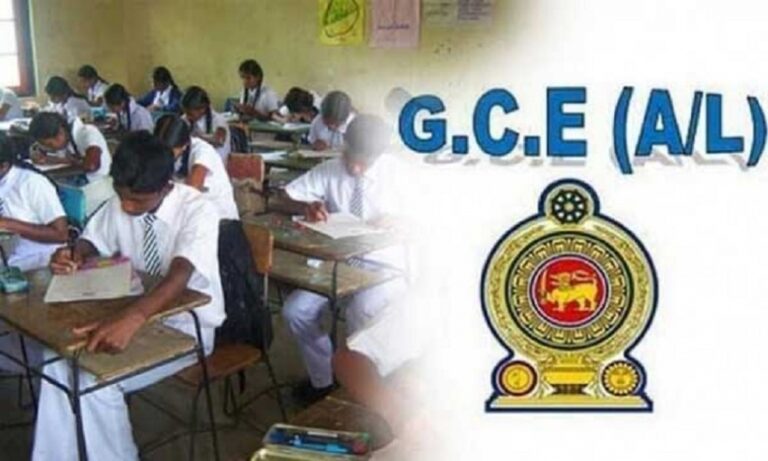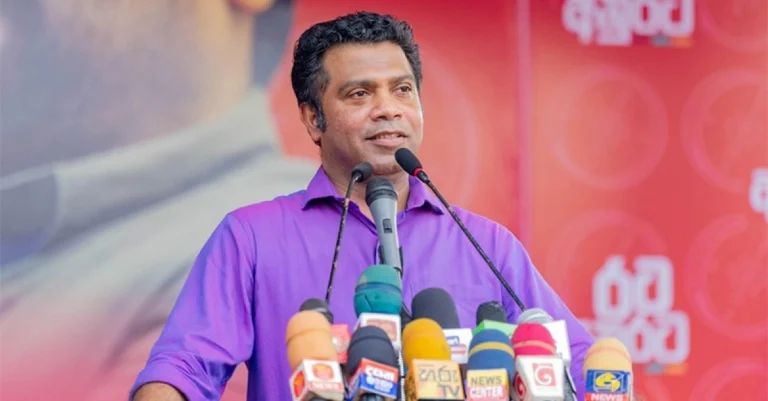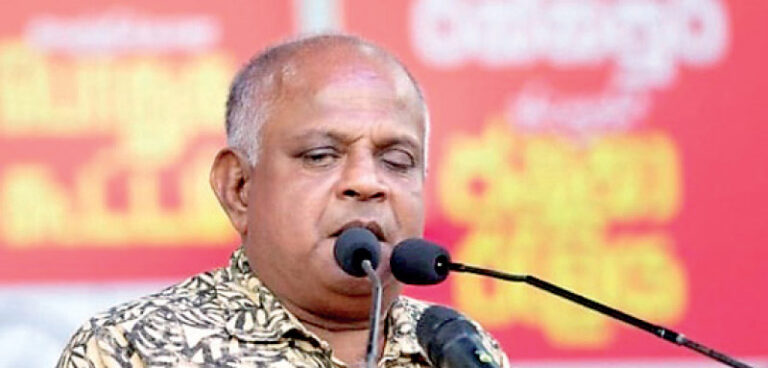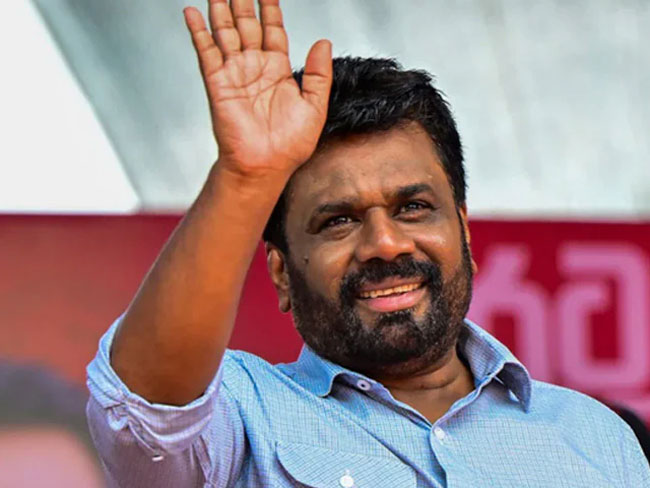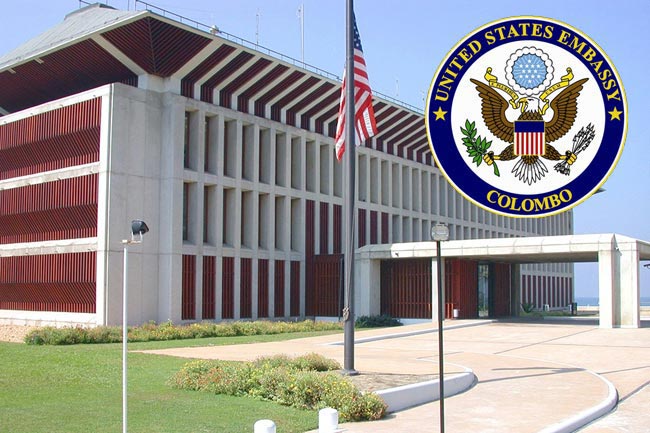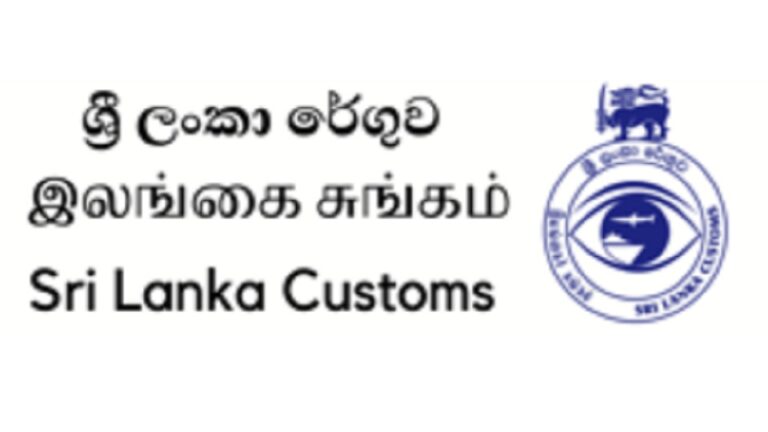By: Staff Writer
November 19, Colombo (LNW): The Chamber of Marine Industries of Sri Lanka has introduced an ambitious five-year strategic plan that will transform the maritime industry in the country.
The initiative for strategic partnership development, infrastructure building, and regulatory reforms has the aim of establishing Sri Lanka as a major maritime hub in the Indian Ocean by 2029.
The plan taps into Sri Lanka’s strategic location and its membership with ICOMIA to leverage economic growth and maritime innovation towards this ambitious target of $2 billion in revenue.
Current Maritime Landscape and Growth Potential
The maritime sector, including boat exports, fisheries, and making boats, contributed 1.4% to the GDP of Sri Lanka, with a value of $78.5 million in 2023.
The industry directly employs 115,000 persons and indirectly another 100,000 through other industries related to it.
The sector has earned export revenues of over $200 million between 2019 and 2023. Yet, with the country’s strategic location and extensive coastline, transformative growth is very possible.
The strategy by CMISL is to leverage this opportunity and position Sri Lanka as a key player in the global maritime economy.
Infrastructure and Manufacturing Upgrades
The dual-purpose harbours will be developed according to the strategic plan. These are indicative of upgrading 21 existing fisheries harbours to ensure their commercial fishery and marine tourism usage.
Similarly, major ports like Galle and Trincomalee are to receive substantial improvement to increase their capacity. Besides, other regional harbours such as Beruwala, Mirissa, Point Pedro, and Kapparatota are slated for modernization in line with the emerging requirements of the industry.
It is to be expanded, and the manufacturing sector currently comprises 55 local boatyards and eight export-oriented manufacturers.
Development of critical infrastructure-slipway facilities in Negombo, Beruwala, and Welipatanwila-is envisaged to facilitate efficient transport of vessels from manufacturing sites to launch points and will contribute towards higher efficiency and a rise in the output of local manufacturers.
Additional support from the RDA and the CEB will be provided, including widening the access road and shifting power lines, to ensure the easy movement of boats and yachts.
Specialized Ports and Economic Impact
Specialization of ports is the other main emphasis of the program. The Trincomalee Deep-Water Port will be developed to include a dry dock that will attract foreign direct investment from firms in marine services.
This will establish Trincomalee as a center for marine-related services, which, in turn, will contribute to economic development by attracting ancillary industries.
In the same vein, Galle Port will act as a venue for luxury yachts and a display site for local boat builders until the Galle Port Mega Marina is developed. This will increase nautical tourism and provide an opportunity to enhance local craftsmanship.
Incorporating Technology and Innovation
The strategic plan also focuses on integrating more technology to upgrade the maritime industry. Training in VR and AI will be conducted for better efficiency and improved learning. Green propulsion systems and the Internet of Things will be integrated, adding sustainability to operations. Advanced aquaculture technology will support viable fishing methods. Digital systems for data collection will contribute to the management of resources for sustainable ecological balance in the long term.


